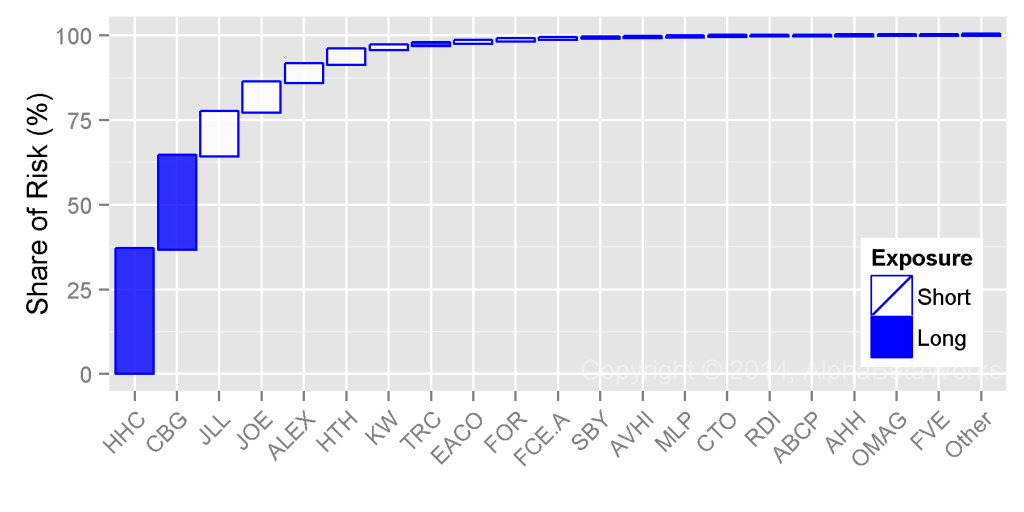A look at real estate trust 12 2004
Post on: 18 Апрель, 2015 No Comment

How to buy land like a movie star
Your biggest investment doesn’t have to be public knowledge. A land trust can preserve your privacy.
By Sarah Max, CNN/Money senior writer
BEND, Ore. (CNN/Money) — You wouldn’t want everyone in the world to know the balance of your checking account or stock portfolio. Yet information on what may be your largest asset, your house, is readily available to anyone wanting to poke around in your affairs.
In fact, anybody interested in details about what property you own, what you paid and what you owe in taxes can find this information by simply typing your name into the property records available on most county assessors’ Web sites.
That is, of course, unless the property is not in your name.
Title holding trusts, or land trusts, allow homeowners to buy or hold property anonymously without giving up the control or tax perks associated with owning property the old-fashioned way.
Such trusts are widely used by celebrities and other public figures hoping to keep their addresses and assets hush hush. Now, though, they’re catching on with property owners who aren’t necessarily rich, famous or paranoid.
We have definitely seen an increase in the number of trusts, said Anthony Hsieh, CEO of mortgage company HomeLoanCenter.com. Because real estate represents such a large chunk of household wealth, he said, property owners are, understandably, more sensitive about what information is in the public domain.
By setting up a trust for each property you own using an ambiguous name, such as the property address, you make it difficult for inquiring minds to scrutinize your real estate holdings, said William Bronchick, author of Wealth Protection Secrets of a Millionaire Real Estate Investor (Dearborn).
Although privacy is the main reason people own property in a trust, there are other benefits. A trust may provide some protection against lawsuits, said Bronchick, in part because would-be plaintiffs may be less inclined to sue if they can’t easily determine your net worth.
Land trusts can also be used for estate planning purposes, he said. In some cases they may be easier to set up than a will. And, if you buy property with other investors, he said, a trust can help protect you from unscrupulous business partners.
There are, of course, less legitimate reasons to use trusts, such as for evading taxes or creditors, but we won’t go there.
Land trust basics
All trusts have three basic ingredients — a trust agreement, beneficiary and trustee.
The trust agreement spells out the terms of the trust, namely what rights the beneficiaries (property owners) have to the property. A trustee is the person charged with managing the trust. Because most land trusts give all property rights to the beneficiaries, though, a trustee has little if any say in what happens to the property.
In fact, if your primary goal is anonymity, you could simply appoint yourself or a family member as the trustee, said Robert Shemin, author of Successful Real Estate Investing: How to Avoid the 75 Most Costly Mistakes Every Investor Makes (John Wiley & Sons).

The cost and complexity of a land trust will, like most legal arrangements, depend on where you live and how solid you want it to be. You can ask a real estate attorney to draft a trust agreement or do it yourself using a form. The average cost of a form is probably about $500, said Shemin. Once you have that form, you can use it to set up multiple trusts.
If you do draft the trust agreement yourself, it’s a good idea to have a local real estate attorney read it over.
I’m an attorney but I always get a second opinion from a local attorney, said Shemin. A good attorney would take an hour or two to review it.
To make your trust official, you need only have it notarized. You don’t have to file a trust, said Shemin. It can just sit in your drawer.
An important footnote
The most anonymous way to buy property is to buy it in the name of a trust, but few buyers have the resources to do this.
Most mortgage companies won’t write a loan for property that’s in a trust, said Hsieh, explaining that it’s difficult for a lender to foreclose on a property if it’s financed through a trust. In order to buy a property in the trust you have to pay cash or have enough leverage with your lender to ask them to do a loan in the trust, which most won’t do.
The alternative is to buy the property in your name so that you can get a mortgage and then transfer ownership to a trust. This is done all of the time, said Hsieh. The borrower can put the assets in the trust, but the liability stays with the borrower.














